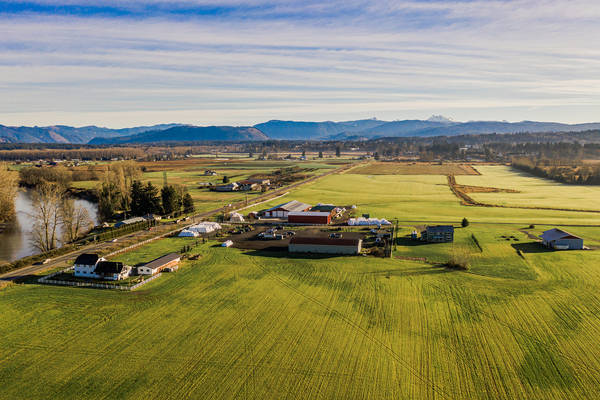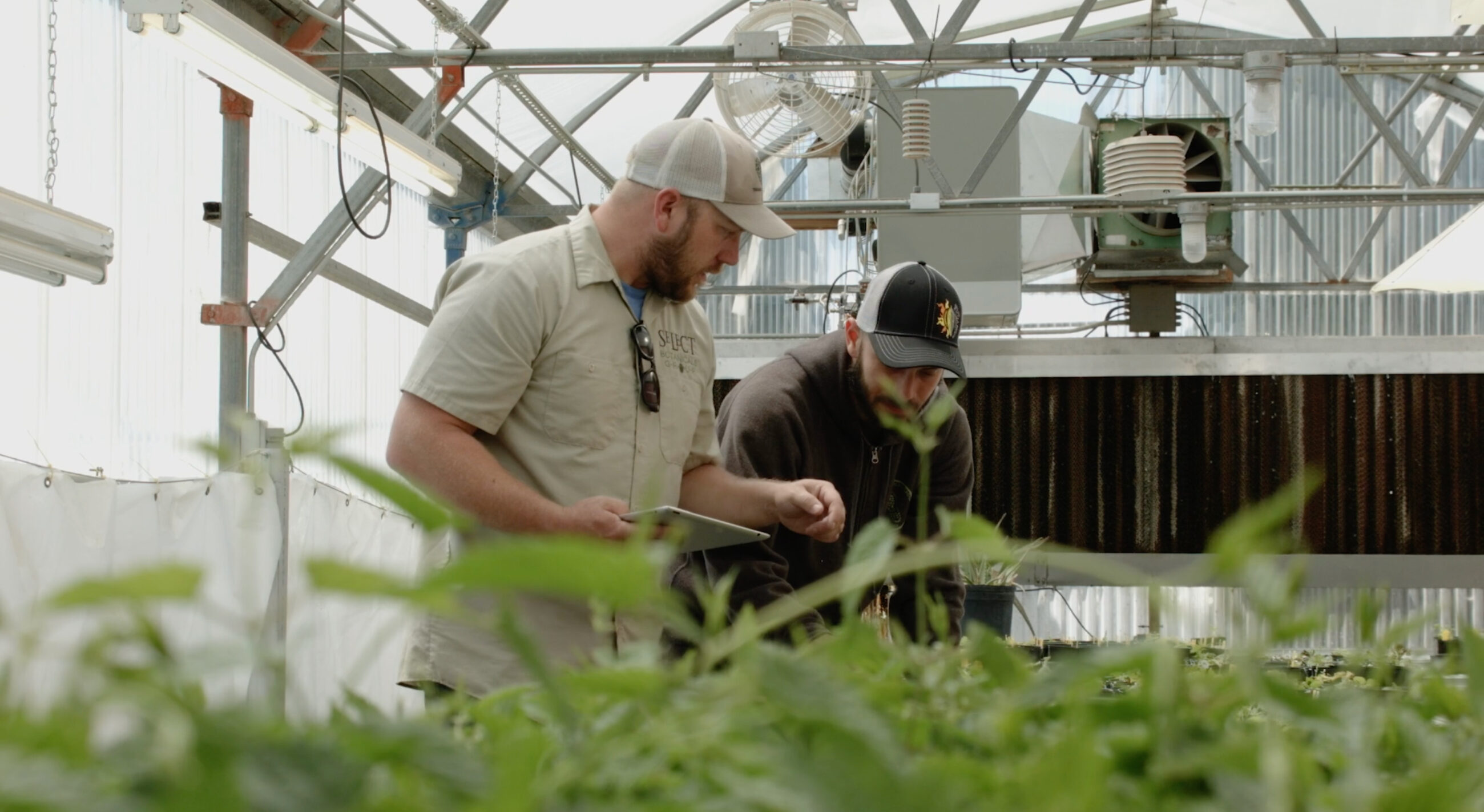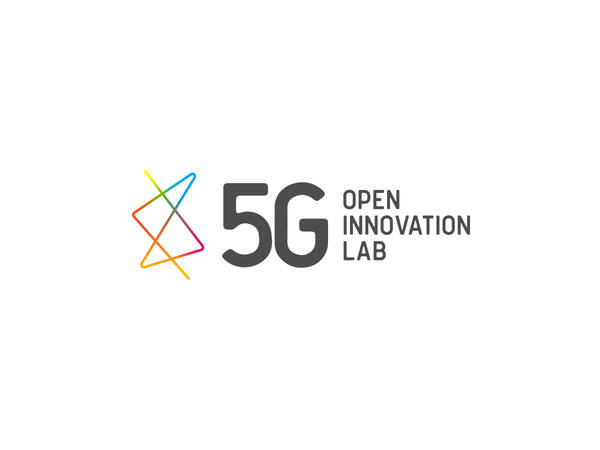Snohomish County’s Dynamic 5G Testing Platforms

The agriculture industry faces numerous challenges, including limited internet connectivity in agricultural sites, efficiency issues, and disruptions in the food supply chain. In response to these challenges, a collaborative effort called The Food Resiliency Project was launched by the 5G Open Innovation Lab (5G OI Lab) together with interested stakeholders, including farmers, distributors, technology companies, and academic institutions. The project is funded by the Coronavirus Aid, Relief, and Economic Security Act (CARES Act).
One of the key aspects of the Food Resiliency Project is the focus on enhancing internet connectivity in agricultural sites. With the implementation of cutting-edge connectivity options, such as high-speed networks and edge computing, participants in the initiative can overcome the limitations of traditional internet access. By harnessing the power of advanced connectivity, participants can access real-time data and insights that enable data-driven decision-making. With the integration of IoT devices, such as sensors for monitoring soil conditions and supply chain tracking systems, farmers can optimize crop yield, streamline logistics, and enhance the safety and security of the food supply chain.
Collaboration and Partnerships
The success of the Food Resiliency Project relies on strong collaboration and partnerships between stakeholders, which not only encourages the exchange of knowledge and expertise but also ensures that the solutions developed are tailored to the specific needs and challenges faced by farmers in Snohomish County.
Enabling Technologies
The Food Resiliency Project leverages various technologies, including state-of-the-art servers powered by advanced processors, scalable cloud computing platforms, and reliable wireless network connectivity. By incorporating these technologies, the initiative creates an environment conducive to data processing, storage, and seamless communication between devices, enabling farmers to make informed decisions and optimize their agricultural practices.
Empowering Farmers and Strengthening Food Supply Chains
At the heart of the Food Resiliency Project is the empowerment of farmers and the strengthening of food supply chains. By equipping farmers with advanced connectivity and data-driven insights, the initiative enables them to optimize resource allocation, increase efficiency, and improve overall crop yield. This, in turn, ensures a steady supply of fresh and safe produce to meet the demands of local communities. By enhancing the resiliency of the food supply chain, the initiative contributes to the long-term sustainability and security of the agricultural industry.
At a Glance
Improved Connectivity
The Food Resiliency Project improves network connectivity in agricultural sites, enabling real-time data for informed decision-making.
Efficient Operations
The project helps farmers gain access to data-driven insights and optimized resource allocation. This boosts efficiency and creates a steady supply of fresh produce for local communities.
Collaboration
The project fosters strong partnerships and knowledge exchange among stakeholders to address the specific challenges faced by farmers in Snohomish County.
“Our partnership with 5G Open Innovation Lab can help safeguard our agriculture industry by providing farmers the tools they need for success, while securing fresh food for our community. We will continue to support innovation to strengthen and diversify our economy.”
Dave Somers, Snohomish County Executive















